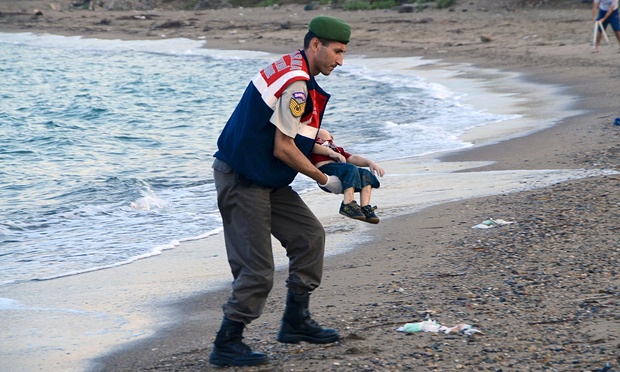Refugees, Reporting, and Resilience
The recent weeks have seen a fascinating shift in both the UK Government policy and public opinion about the refugee crisis (or migrant flood, as some have called it). If you doubt the role of emotion in these matters, look at the effect the pictures of one drowned boy have had.
For months, the media have carried pictures of suffering ‘migrants’, and it has seemed that the predictable opinions of politicians and press barons haven’t shifted. But these tragic pictures from a Turkish beach on September 3 seem to have provoked big shifts.
By September 5, not only was David Cameron talking of accepting Syrian refugees direct from camps, a series of other initiatives had sprung up, national and local, to provide support for refugees seeking asylum in the UK.
What can we learn about resilience from all this? A big lesson is the interplay between the individual, local community, and wider society levels of resilience. As I see it, sizeable numbers of individuals and community groups now accept that their own needs and comfort need to be balanced with the desperate needs of refugees seeking a home in this country.
It’s a valuable example of the weighing of personal and wider needs that we all have to make these days: and there are many practical skills in the resilience toolkit that can help us to do this, and, to help our communities adapt to new demands like accommodating refugees.
It’s worth remembering that scale of the influx of refugees in the UK is still small compared to other countries. On September 5, I heard an interview on Radio 4 with Lebanon’s Minister of Education. He explained that his country, a fairly poor one with 4 million population, is currently hosting 2 million refugees: 0.5million Palestinian, and now 1.5million Syrian.
Touchingly, Lebanon is aiming to provide not only food but healthcare and schooling for these 2 million refugees. As the Minister pointed out, kids who are unschooled are at high risk of being radicalised.
If the refugees settling in Britain feel unwelcome and unsupported, we have the same risk of an unsettled faction here. Resilience means more than unwilling change: it asks us to find a positive, heartfelt response to new pressures.

